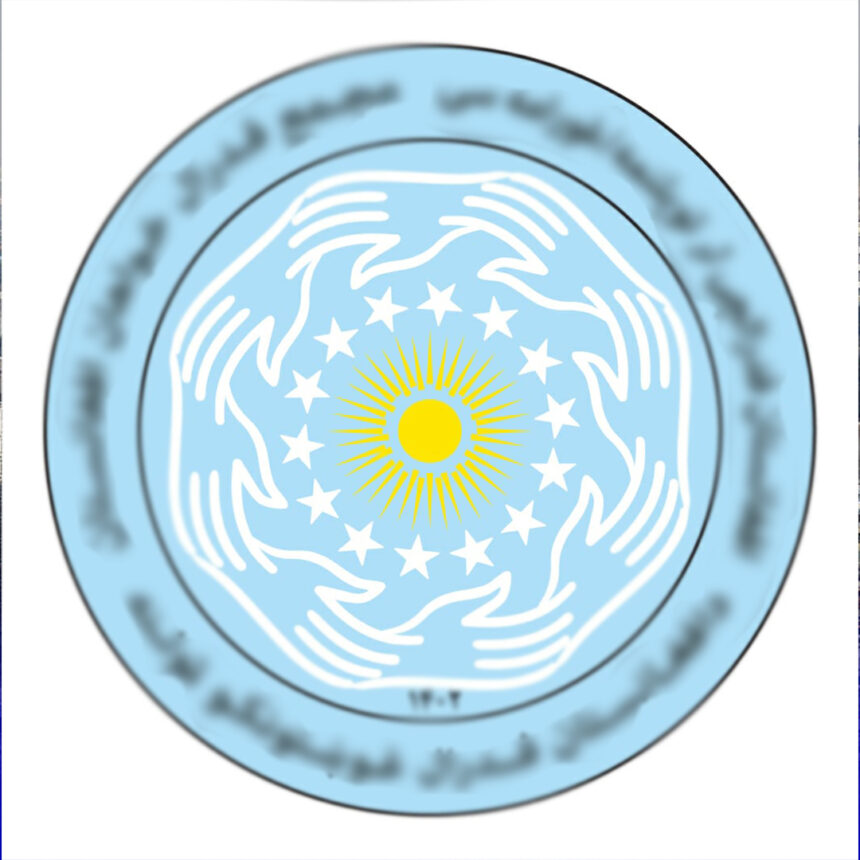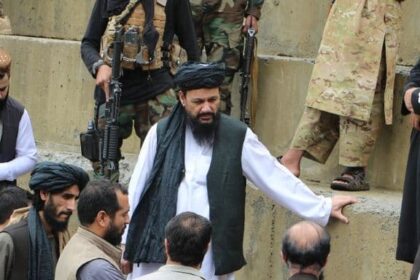RASC News Agency: In the aftermath of the collapse of the republican system and the mounting discontent with the current state of affairs in Afghanistan, a group of political figures, former representatives of the National Council, and members of the previous government convened the inaugural session of the Afghanistan Federalists Assembly. This symbolic virtual session occurred on Saturday, Feb 3 , with notable figures such as Abdul Latif Pedram, Sarwar Danish, Marshal Abdul Rashid Dostum, and several others in attendance, advocating for the establishment of a federal system in Afghanistan.
Dr. Abdul Latif Pedram, the leader of the National Congress Party, emphasized the necessity of federalization in Afghanistan, asserting, “Only a federal republic can dismantle ethnic hegemony in Afghanistan and lay the groundwork for democracy.” Simultaneously, the Islamic Unity Party of the Afghanistani People, under the leadership of Mohammad Mahdi, conveyed in a message during this session: “Undoubtedly, federalism stands as one of the successful systems in governance, progress, and safeguarding the political and civil rights of nations.”
Meanwhile, Ata Mohammad Noor, in his capacity as the leader of the Islamic Movement of Afghanistan, observed, “The choice of a governance structure in democratic nations lies within the purview of the people, and citizens possess the right to initiate such selection based on needs and informed by the efficacy of existing systems.” The Islamic National Movement of Afghanistan, under the guidance of Abdul Rashid Dostum, affirmed in this assembly, “Federalism acts as a conduit between the central government and the populace, fostering intimate connections and bridging geographical divides.”
Furthermore, Dr. Mohiuddin Mahdi remarked in this assembly, “A federal or confederate system reconfigures the territorial divisions of the country, wherein each administrative unit, a relative ethnic majority elects governors through the direct suffrage of the inhabitants residing in that geographical unit.” It is noteworthy that, in addition to the official declaration of the Islamic National Movement of Afghanistan, Marshal Dostum personally contributed to the discourse, citing the pronouncements of Professor Burhanuddin Rabbani, Ahmad Shah Massoud, and other jihadist leaders, emphasizing the realization of federalism in Afghanistan.
It is essential to note that the political landscape in Afghanistan has become increasingly polarized among political factions, a situation accentuated by the proposal of federalism in Afghanistan.






